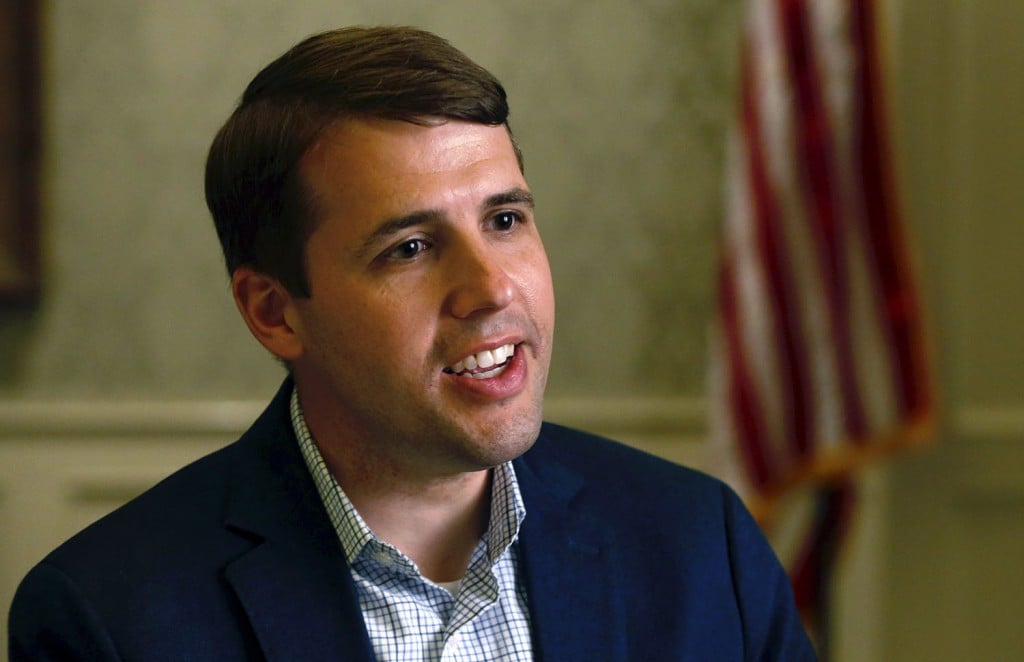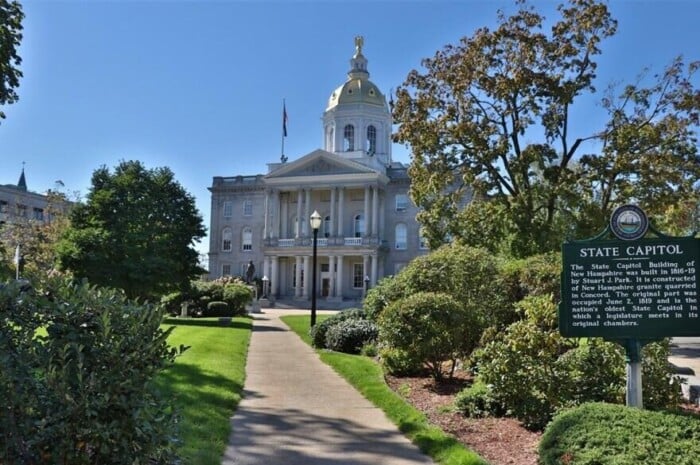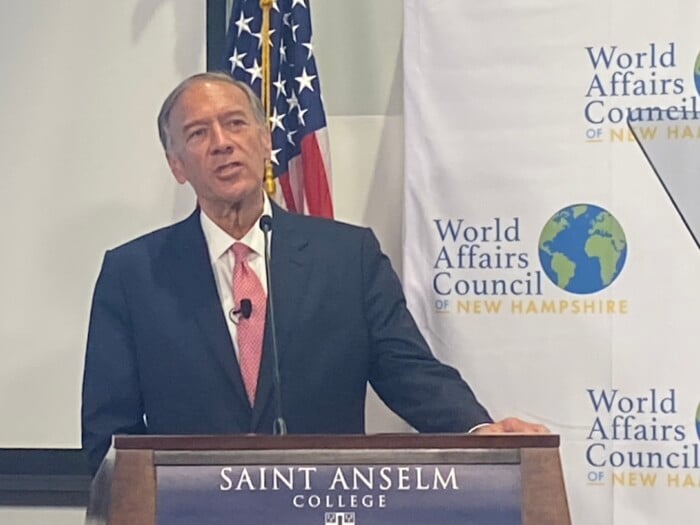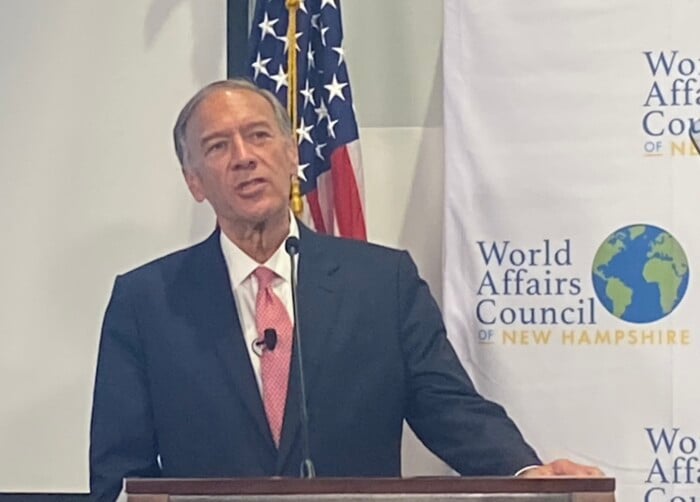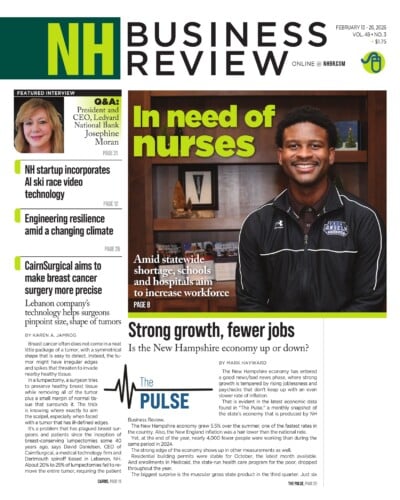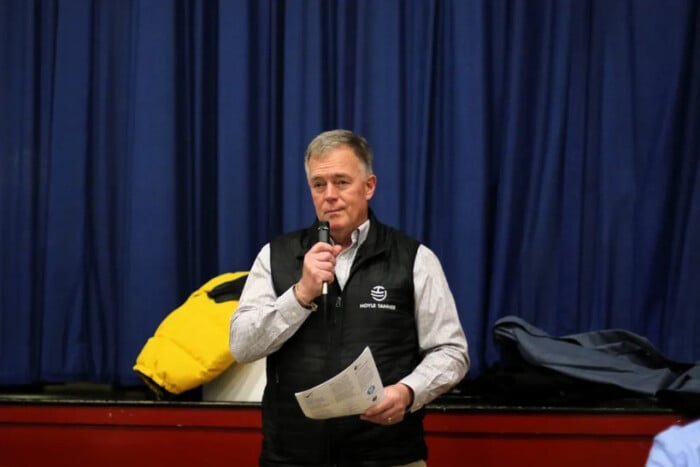(Opinion) Red state, blue state or one state
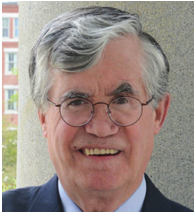
BY JOHN BRODERICK
Since Charlie Kirk was shot and killed last month in cold blood at an outdoor college forum in Utah, our country has been in shock. The aftermath of that unspeakable tragedy has generated inspired and healing comments by that state’s governor, angry, ill-advised outbursts from others in public life, and even impassioned arguments, without proof, of left-wing radical groups creating the atmosphere that fostered and abetted the assassination itself. It has been both hard and disheartening for most of us to process it all.
But one thing seems clear. It’s time for genuine and candid national introspection on how we got to this terrible place and how we can get out. While I’m not sure that’s even possible any longer in our fractured country, if we don’t at least try, it seems certain that the unbridled acceleration of our public, political, and personal discord and division will fill the void.
We will all lose if we allow that to happen. Continued unchecked anger, finger-pointing and demonization of “the other” may lead the United States to an unimaginable reckoning. Marjorie Taylor Greene talks openly about a national divorce that I assume means the handshake creation of two nations: one red and one blue. She might well be right about that future. Many days it feels like that’s already happening.
Something is seriously wrong. There has certainly been political violence throughout America’s history. Indeed, my three heroes were killed in the 1960s by gunshots. But the shooting of Charlie Kirk, the clubbing of Paul Pelosi by an intruder who broke into his residence looking to find and harm Speaker of the House Nancy Pelosi, the attempted kidnapping of Michigan Gov. Gretchen Whitmer, the brazen murder of the Minnesota House Speaker and her husband in the privacy of their home, and the fire set at Gov. Shapiro’s official residence in Pennsylvania while he and his family were sleeping, feel different to me. So does the unparalleled proliferation of threats against members of Congress and federal judges. Hoping any longer that “it” will just pass would be a fool’s bet.
Today’s political violence seems the product of metastasized and generalized anger, fear, distrust of government, unbounded suspicions, misplaced loyalty, beliefs trumping facts, the blurring of boundaries and the eradication of norms. It is all compounded by social media, the dark web, public greed and the notion that those who disagree with us are the enemy. The usual forums where good-faith political discussions could be held in casual, non-threatening environments seem to have disappeared into a virtual world where threats, smugness, ignorance and vitriol often rule. Even attempting to discuss political differences today in a thoughtful way seems near impossible. So many of us just bury our differences and are content to believe everything we think.
We can make a different choice, however, if we want. We actually can climb out of today’s political caldron, but it will take genuine commitment to change. I doubt Washington will lead it but we could. I would suggest we need to create a series of forums in our communities for inclusive, informed discussions where we can hear in one sitting contrary, informed views on specific issues.
We need to carry those discussions with us when we leave and commit to find common ground wrought of principled compromise in our everyday lives. The news media in New Hampshire could assist, too, by hosting television, radio or internet forums for robust and civilized discussion on topics that matter. We need to acknowledge that rarely, if ever, does one political party or political leader possess all the right answers. Nor do we.
As a state and nation, we need to stop the derogatory blame game, put on our “big boy pants,” start to listen to one another and realize that with each passing day we are fashioning the future our kids will inherit. If things don’t change, their inheritance will be more a curse than a blessing.
John T. Broderick Jr. is the former dean of UNH Franklin Pierce School of Law and the founder of the Warren B. Rudman Center for Justice, Leadership and Public Policy.


